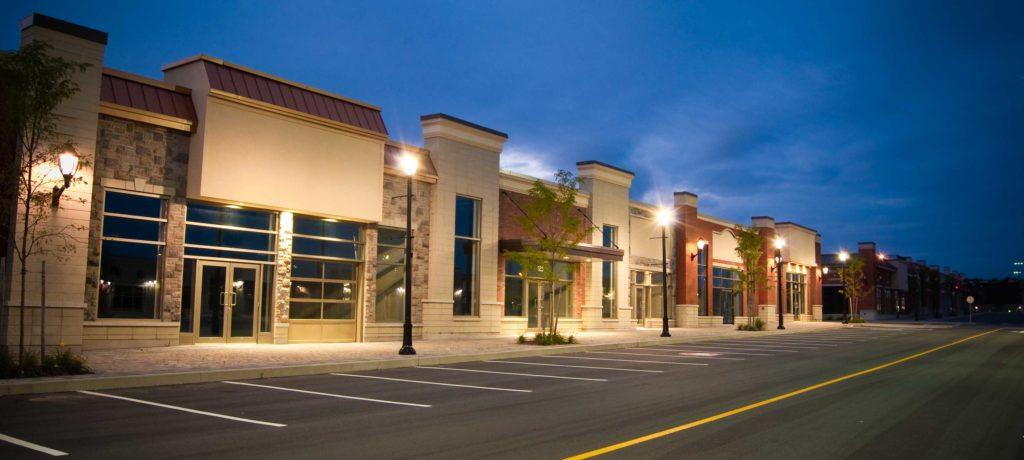Can You Bring a Premises Liability Claim Against a Mall Parking Lot?
- posted: Jun. 15, 2017
 Premises liability is the area of the law that makes landlords liable for injuries that occur because of dangerous conditions on their property. So, if you are injured in a mall parking lot, can you sue the company that owns it? Well, sometimes yes, and sometimes no.
Premises liability is the area of the law that makes landlords liable for injuries that occur because of dangerous conditions on their property. So, if you are injured in a mall parking lot, can you sue the company that owns it? Well, sometimes yes, and sometimes no.
For a premises liability case to go forward, a few elements must be present:
- A hazardous condition — The condition must be “hidden,” i.e. not readily apparent to the visitor, or else the visitor has a responsibility to avoid it.
- Notice or constructive notice of the condition to the property owner — The owner must know the hazard exists, or facts must be such that the owner should have known about it.
- An unreasonable failure to remedy the hazard — The longer the time between when the landlord should have discovered the hazard and when the injury occurred, the more likely the owner’s failure to fix the problem will be viewed as unreasonable.
- Causation — The unsafe condition must have caused the injury.
Take the case of an uncovered drain in the pavement. A shopper at the mall is walking from her car to the store entrance when she steps in the drain, tearing ligaments in her ankle. This is a hidden hazard, and it did cause the injury. The only questions are whether the landlord knew (or should have known) and, if so, whether the failure to fix the drain was unreasonable.
Because it is foreseeable that a drain with a broken or missing cover would cause serious injury to a visitor, a reasonable parking lot owner must frequently inspect the drains (along with the pavement and other potential hazards). Upon finding a missing or broken cover, the landlord must act immediately to fix the drain or provide sufficient warning to alert visitors of the hazard. Placing a safety cone on the spot, or tying the area off with yellow tape, might be sufficient in the short run. In cases like this, the owner of the parking lot is probably going to be found liable for the injury, unless he can prove some mitigating circumstance, such as recent, deliberate vandalism by a third party.
However, a parking lot owner would not necessarily be liable for a slip and fall on an oil slick caused very recently by the damaged vehicle of a third party. An oil slick is a foreseeable hazard that could cause serious injury, so the parking lot owner must exercise reasonable care to discover and cure the problem. But a landlord must also have a reasonable opportunity to correct a problem. If the slick occurred at 10 a.m. and the fall happened at 10:05, the fault lies with the vehicle owner, not the landlord. However, the burden of proving when the oil spill occurred would fall on the owner of the parking lot.
Premises liability accidents often make for complex legal cases. If you’ve been injured in a slip and fall accident in Bergen County or anywhere in New Jersey, Seigel Law is ready to help. Contact us online or call 201-444-4000 today for a free consultation and case evaluation.

